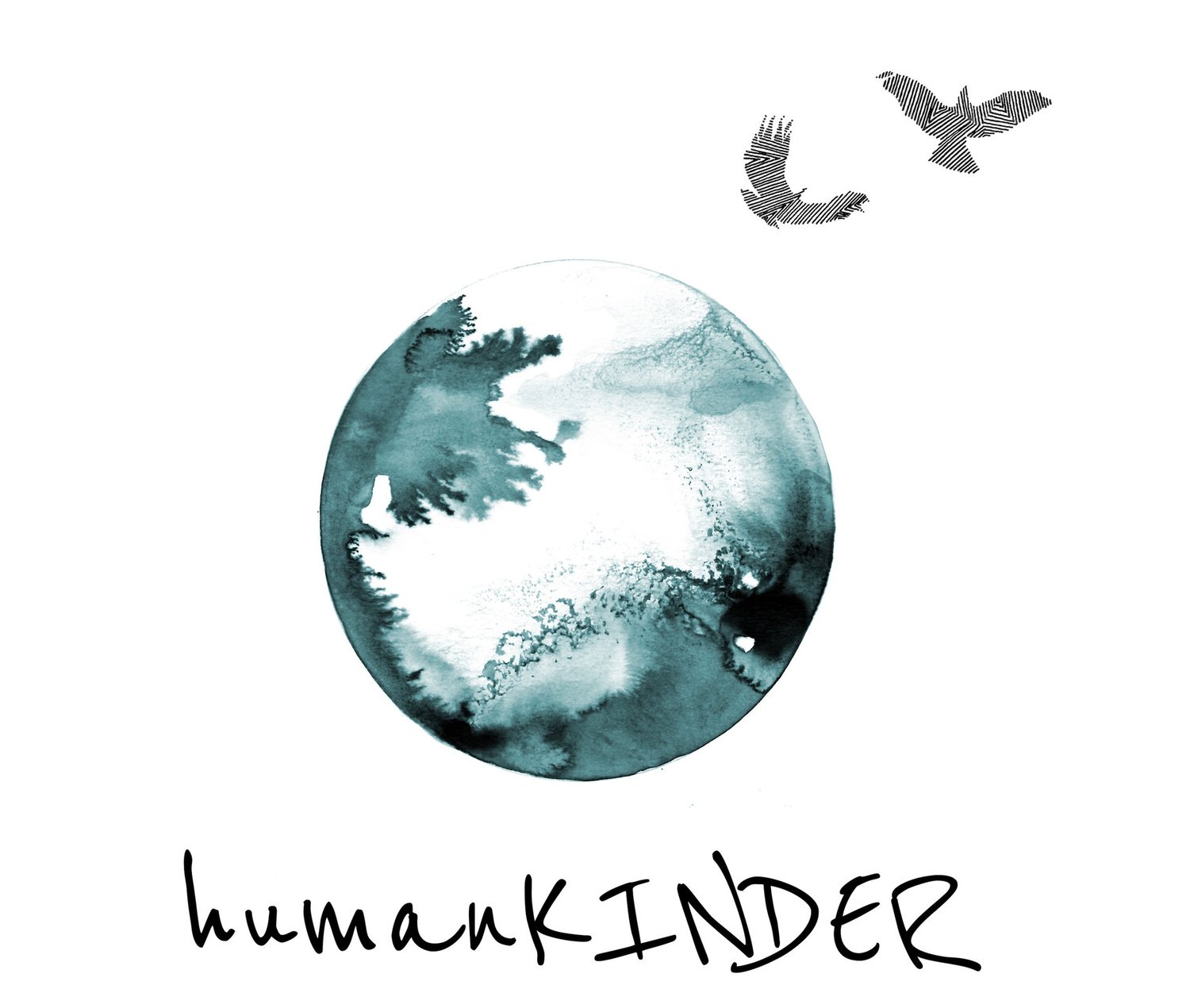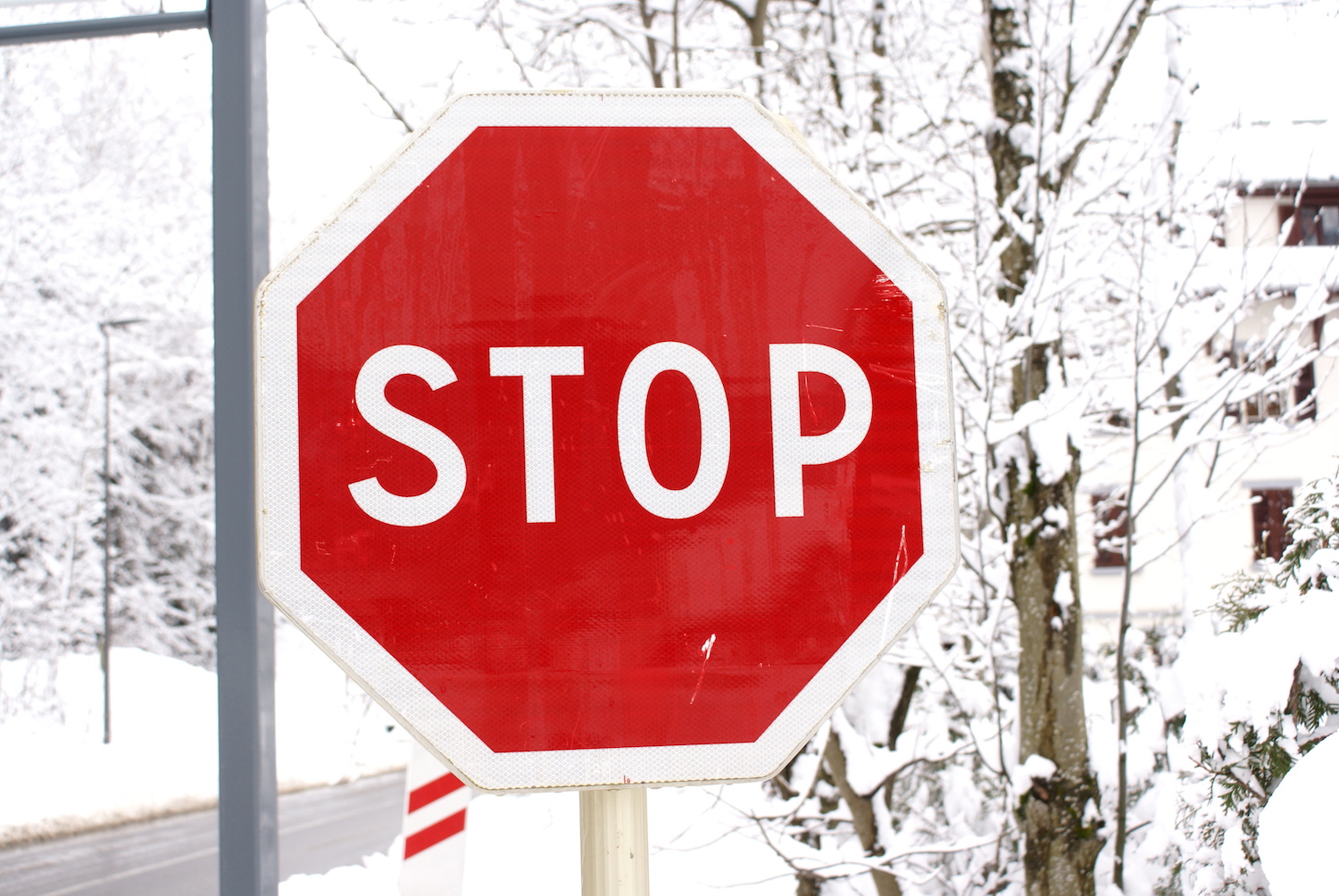I’ve been thinking about equality, equity and injustice for a very long time. As a sax-player myself, I was just starting to listen to The Blues when I drew this picture. This was for my GCSE exam, about twenty-five years ago, inspired by Charlie Parker.
So why this picture and why am I sharing now? Well I think looking back, my younger self intuitively drew a recovery process. And after a year on the road (with The Welcome Tent), now laden with evidence of the current crisis of values we find ourselves in, I am digging deep to find solutions.
As individuals we use creative expression - movement - art, music, dance, sport, cooking, climbing - to rid us of our demons, to heal, to recover. I know this from personal experience and from listening to the people I have met. In my fifteen year old mind, this Black Man is literally exhaling his enslaved ancestor to emancipation, which perhaps is also his own emancipation.
Can we apply the same idea to our communities, to wider societal trauma, to our current situation? Over the years I have seen many of the places that we can breathe, the places that we can express ourselves, being shut down, often turned over to developers, victims of capitalism. The pubs. The Youth Centres. The spaces where artists and creative experimentation flourishes. And the now the doors are closing on people displaced by war and conflict - Manus Island, Lesvos, Calais.
I believe society - as a living, breathing ecosystem - must recognise that movement is a recovery tool. Is it any coincidence that as bad times hit, creativity flourishes. Festival culture thrives, breathing in the bad stuff and exhaling out the good. But I believe there is a real opportunity to make that connection explicit: for a vibrant society, it is essential that past traumas are acknowledged and creative expression and movement is the exhalation, the healing process for common good. Without movement we become stagnant and rotten: it must be protected.
For ten years I worked in a place that was institutionally unjust - over time it froze my words and I could not express myself. I believe one of the symptoms of institutionalisation is the freezing of creative expression. Controlling the freedom of movement, the freedom to think, the freedom to speak and express oneself, the freedom to connect with others - results in a fearful and rigid mindset. Classic divide and conquer. (Thankfully, my self-prompt post-it on my computer screen: “are you institutionalised?” reduced my recovery time).
So continuing this line of thought, if the job I worked in for ten years did the opposite of what is required for vibrant human beings, communities and society, by further burying and exacerbating past traumas through institutionalisation, doing to not with, what can we conclude? If I tell you that I worked in government for ten years, what does that tell us about government? What does that tell us about systems that institutionalise, systems that induce fear, systems that freeze and suppress voices, that modify and prevent creative expression. It tells us they are successful: because back in the day, they were designed that way.
In 2018, I participated in Layla F Saad’s ‘Me and White Supremacy’ Challenge and I am now starting to better understand my own and wider White society’s complicity in perpetuating systems that are institutionally unjust. I am talking about the taboo issues of institutional racism, which I learned about through observations in my personal and professional career and whispers shared with me in the “corridors of power”. It is more comfortable to be fragile, to keep quiet: it is easy to be silent when there is a pay-check at the end of each month.
The point of no return in my ex-government job was when I started volunteering in Calais, just 25 miles away from the “garden of England’. Every face in Calais seeking asylum in the UK was Black. Just like every face in every boat in the Mediterranean being turned back towards the Libyan coastguard. Just like every face deported on late-night Charter Flights by the Home Office.
But Black is Beautiful. So how can we hold our public sector infrastructure and “democratic” processes to account for these ongoing civil and human rights violations? As I look back over my career, this struggle for equity has always been part of me, fuelled by personal experiences in my younger years. I studied law, but was told I asked too many questions. I only feel whole in myself when I am fighting for the justice of all. So for me to have been silent on the issue of race for so many years makes me ashamed. But I need to get over it.
My conclusion is that our society has been built on rotten foundations and if these foundations are left ignored, they will fester (ref: Harlem by Langston Hughes). Much like decay in a tooth or the roots of an apple tree. Our colonial history, trading in arms, the backhanders - all will continue to rot the foundations of our society unless we acknowledge that our current systems were and continue to be built on the exploitation of others and DO something to change it. I make particular reference to the history of slavery - arguably the foundations of much of today’s public funding - which is largely unknown to most of us because it has been written out of our textbooks. It continues in the form of trafficking, a modern day slavery. It is easy for so many to jump to the wrong conclusions about the “refugee crisis”, because our whitewashed education systems still take pride in our colonial past.
So now, I am gathering my thoughts, evidence and 'recipes of hope' from our sixteen thousand mile journey across Europe to write a book. Because I want to shout about what I have found from my new home next to Mont Blanc, a wholly appropriate place to occupy with a new narrative as any in Western Europe. As a White Woman, I cannot talk first-hand about Racism. Instead I hope to stand alongside and amplify people who can. Baroness Lawrence, the mother of murdered teenager Stephen Lawrence and her continued campaigning after the Macpherson Report failed to find its teeth; the parents of Damilola Taylor; the families devastated by the Grenfell Fire; the thousands of children, women and men seeking refuge yet abandoned by society. The list goes on.
What I can do though is listen, report back and share my own experiences. I can tell you how I was spat at in the North East of England walking along the street with my friends from South Sudan. I can tell you about my experiences working in the first Social Innovation Lab in UK government. I can compare and contrast island mentalities between the UK and Guadeloupe. I can share inspirational stories of people I have met who are fighting back. I can share my ideas about how we can dismantle this colonial mindset that continues to rot our global foundations.
I want to be on the right side of history. I want us to be able to save Planet Earth. As Greta Thunberg said at World Economic Forum in Davos a few weeks ago “ our house is on fire”.
I do not think we can save this planet without acknowledgment and healing of society's existing rot. Progress must be progress for all, achieved through true community collective or else the divisions will grow wider. As White people we must stop believing we know best. As White people we must honour the knowledge and expertise of all communities by a change in our behaviour, through action to decolonise our systems. Together we must find a common narrative which we all understand (I have been exploring the universal language of food), which is not politically or financially motivated, but based on truth, authenticity and survival for everyone, not the privileged few.
This all requires us to stop what is not needed. Stop our plans. Stop our pre-scheduled meetings next week, next month, next year. We need urgent agreements about what really matters, what our collective priorities must be. Where is the pain? Where does it hurt? This is not going to be a comfortable process for anyone. It requires strength, digging deeper than we ever have before, but it will eventually lead to beauty. A circular economy - just like the circular breathing of the saxophone player - can using movement to transform pain into birdsong.
I am not going to accept the naysayers critique of a utopian vision, because we already know enough to make it happen. An equitable world which replenishes rather than rapes, which nurtures rather than forces, which nourishes people and planet, which believes in children, enabling movement, healing, transformation and life.
Emma Barrett Palmer, Founder humanKINDER



